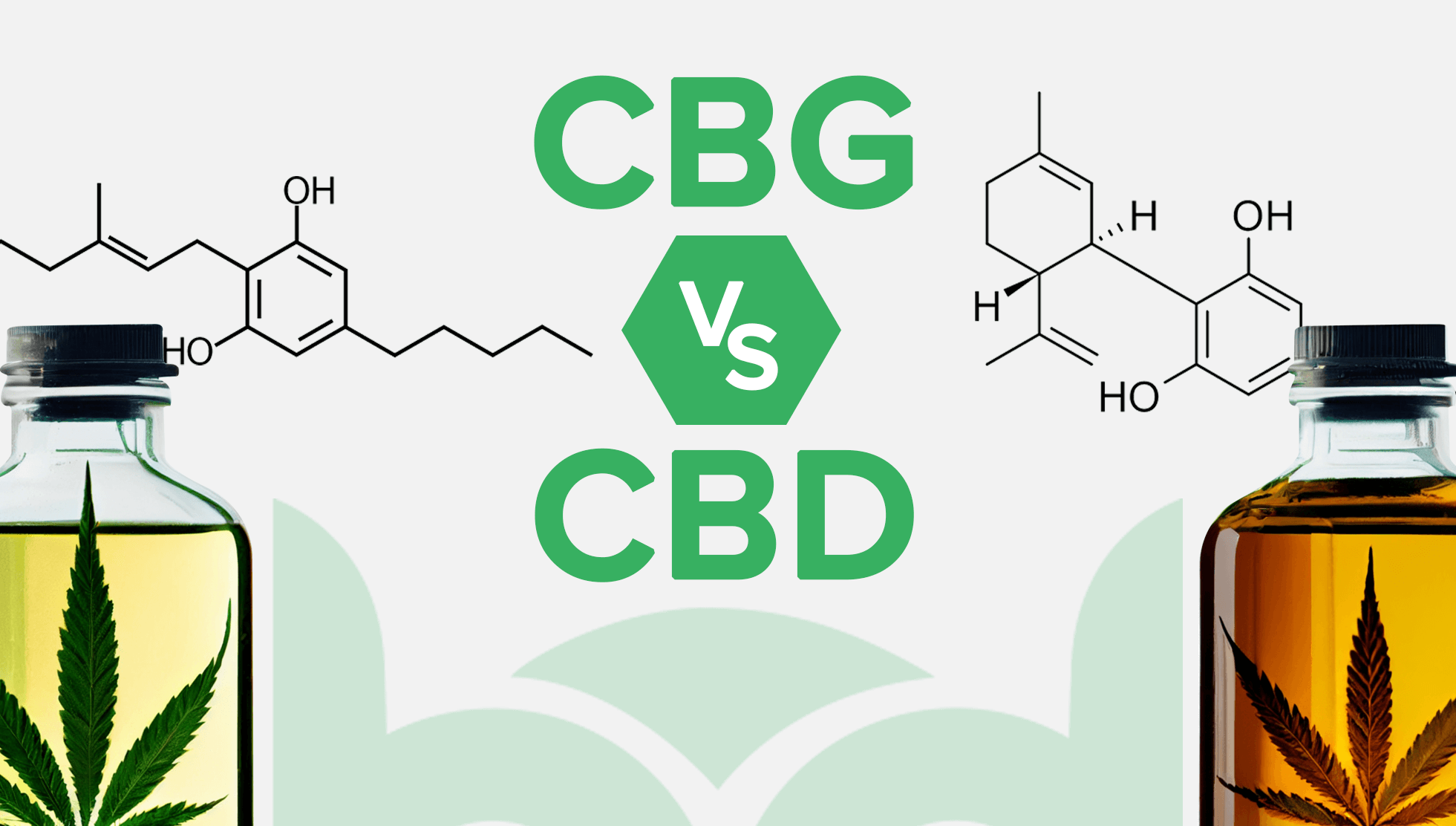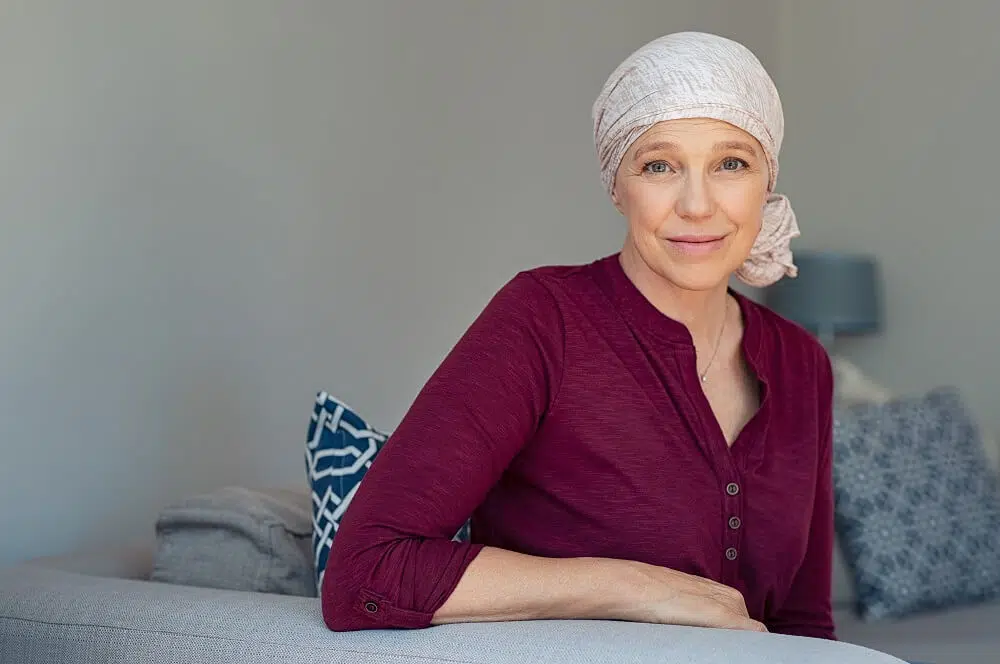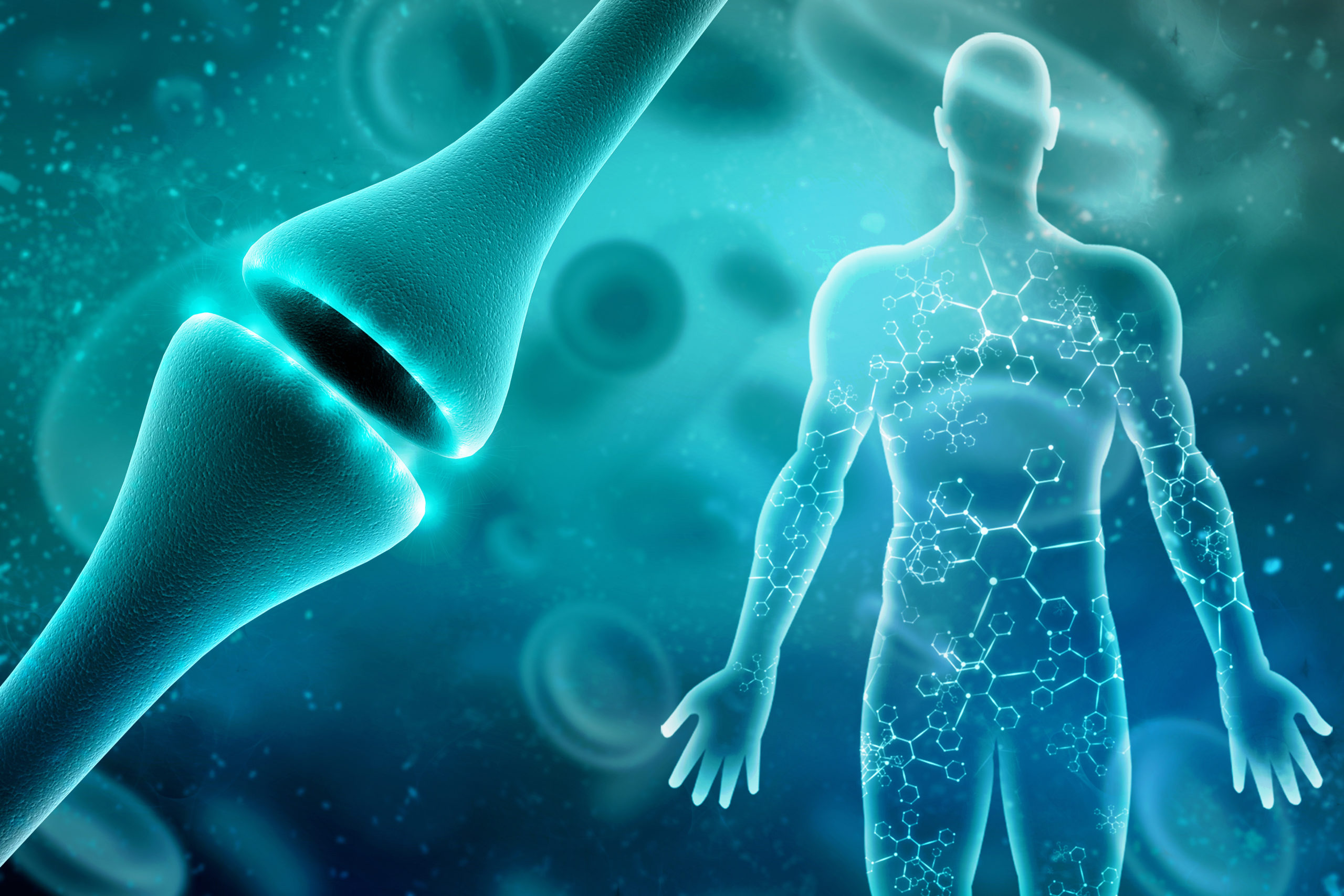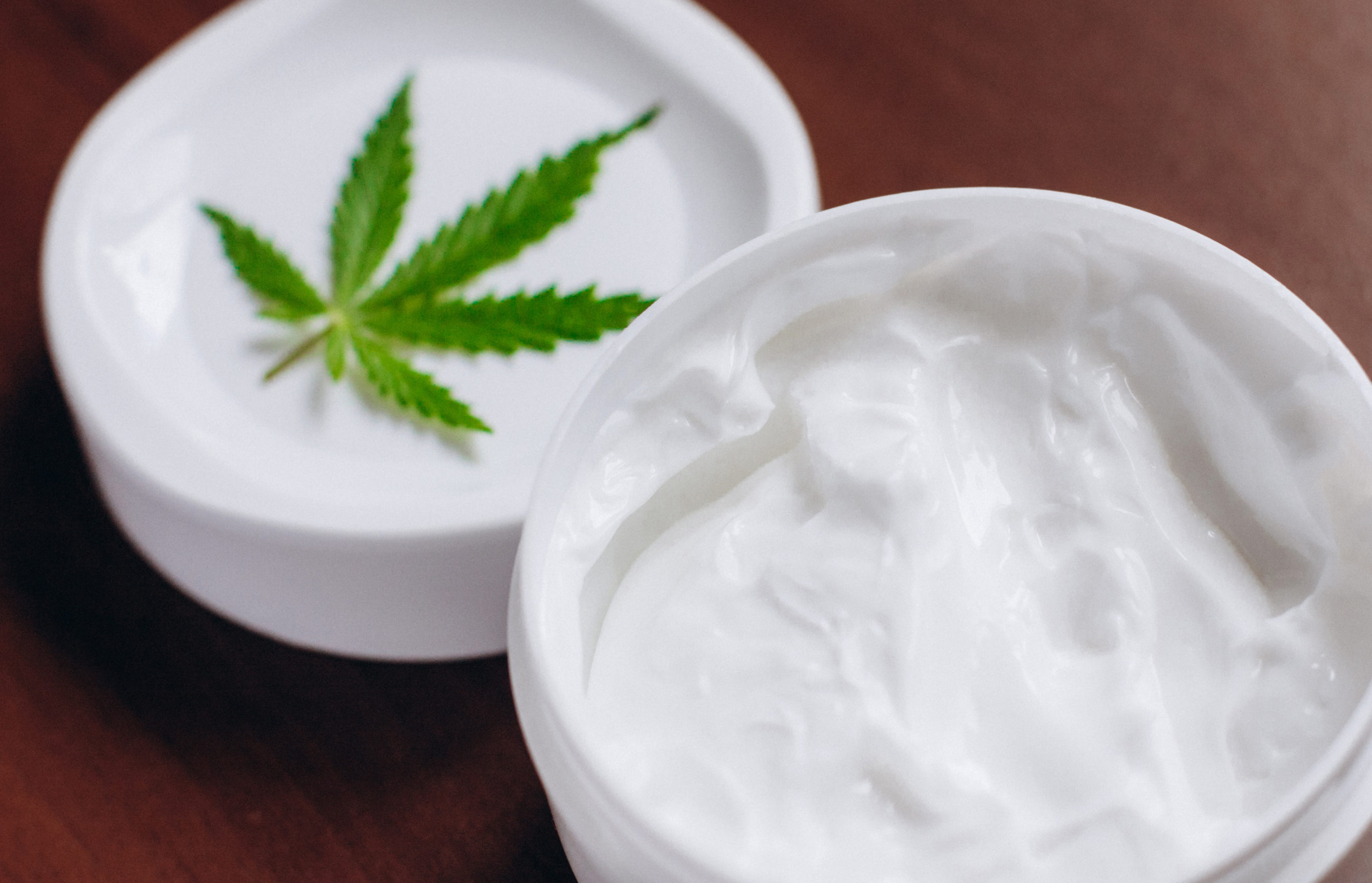-
- Market Research
- |
- CBD Near Me
- |
- Giveaways
- |
- Newsletter
- |
- Contact
- |
- Advertise
- |

In their frenzy to learn as much about the disease as they can, newly diagnosed cancer patients who are ineligible or otherwise averse to standard treatments (surgery, chemo, and/or radiation) are often surprised at the number of alternatives that have been suggested in research.
Conversely, cancer patients who do undergo conventional treatment, especially chemo and/or radiation, often find themselves sleuthing for supplements that can help with nausea, pain, fatigue, and other associated symptoms.
The case of CBD oil for cancer is a prime example and for good reason.
This natural constituent of the hemp plant has shown its mettle under empirical scrutiny when it comes to symptom management for cancer patients.
It may even directly counteract tumor growth.
While CBD producers and consumers wait patiently for the lobbyists and legislators to get on board, the evidence is quietly making its own statement.
CBD as a Direct Cancer Treatment
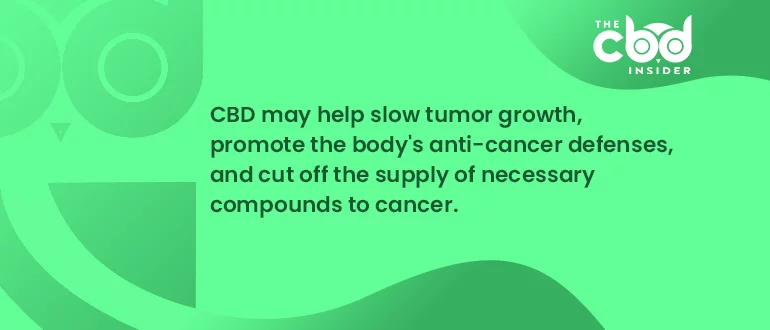
To best understand how cannabidiol may strengthen the body’s defenses against cancer, we must expand on the layman’s understanding of the disease.
Cancer cells don’t invade the body from the outside like a virus; they are created within our bodies, and they thrive by working around vitally important cellular processes like apoptosis.
Apoptosis is often referred to as “programmed cell death”; it is our body’s way of killing off cells when they are supposed to die so that they don’t become cancerous or defective.
When this control mechanism fails, cancer cells are not only allowed to survive longer and multiply, but they have the time and resources they need to develop more harmful mutations that enhance their ability to spread.
Of course, this complex disease requires many other conditions to be met in order to defeat the body’s immune defenses, but this control mechanism “glitch” is at the heart of the problem.
The endocannabinoid system and its agonists (e.g., CBD and many other cannabinoids) may counteract this glitch at the source.
The Endocannabinoid System and Cancer
The endocannabinoid system (ECS) is the body’s network of receptors (CB1 and CB2) and innately produced cannabinoid neurotransmitters used to manage pain, inflammation, seizures, and a growing number of health problems.
Constituents of the hemp plant like CBD activate these receptors because they are chemically similar to the cannabinoid neurotransmitters like anandamide that our bodies already produce.
ECS receptors (CB1 specifically) may have a role in slowing tumor growth by suppressing a protein that extends cell life, says the research.
In a study authored by Tennessee’s Vanderbilt University Medical Center, tumors in mice with colorectal cancer responded to changes in ECS receptors.
The authors noted that “Loss of CB1 accelerated intestinal adenoma growth … whereas activation of CB1 attenuated intestinal tumor growth by inducing cell death via down-regulation of the antiapoptotic factor survivin.”
In other words, CB1 was shown to play a role in counteracting the ability of cancer cells to resist apoptosis and survive longer than they were programmed to; it accomplished this by “down-regulating” survivin, meaning it decreased the potency of this pro-cancer factor by reducing the number of receptors it binds to.
Thankfully, apoptosis isn’t the only pathway the body uses to trigger cell death, which means oncologists and researchers have multiple therapeutic targets to choose from when it comes to tumor suppression.
CBD and Autophagy
Autophagy is a cell-signaling mechanism that provides the body with another defense against tumor growth.
From the Greek words for “self” and “eating,” autophagy is the process by which our cells break down potentially cancer-causing molecular structures within themselves.
Apoptosis and autophagy are thought to have “cross-talk” potential, meaning they can coordinate with each other in specific situations to enhance the body’s defense against tumors.
If a cancer-causing molecule somehow eludes autophagy, it then has to contend with apoptosis.
A study from Madrid’s Complutense University Biochemistry and Molecular Biology departments found that cannabinoid consumption induces glioma cell death through autophagy stimulation.
A glioma is a type of tumor that develops in the brain and spinal cord (glial cells).
According to the finding, using CBD oil for cancer in mice activated a stress response that promoted autophagy, resulting in clinically observable antitumor potential.
Interestingly, the authors also found that “Autophagy is upstream of apoptosis in cannabinoid-induced human and mouse cancer cell death,” meaning cancer-causing molecular structures that aren’t snuffed out early may be capable of living longer than they should.
Double Agent TNF
If we have so many defenses against cancer, why is it so successful?
Unfortunately, cancer has a way of turning our own defenses against us, which is exactly what happens with tumor necrosis factor alpha (TNF-α) and even the above mechanisms in certain cases.
On the one hand, a case report and literature review from the UK’s Guy Hilton Research Center and Royal Stoke University Hospital shows the “striking” response of an elderly patient with lung cancer to cannabidiol.
After trialing CBD for cancer for roughly two months, the lung cancer patient in the study showed “near total resolution” of the tumor in his lung.
The researchers attributed this to upregulation (increase in available cell receptors) of tumor necrosis factor alpha, a pro-inflammatory protein that plays an important role in eliminating cancer cells.
On the other hand, this same protein also possesses the ability to support cell migration and a process we’ll review momentarily called angiogenesis, both of which cancer relies on to grow and spread.
Researchers need to carefully identify the line between “good TNF” and “bad TNF” if they are to confidently and ethically use CBD oil for cancer in larger trials.
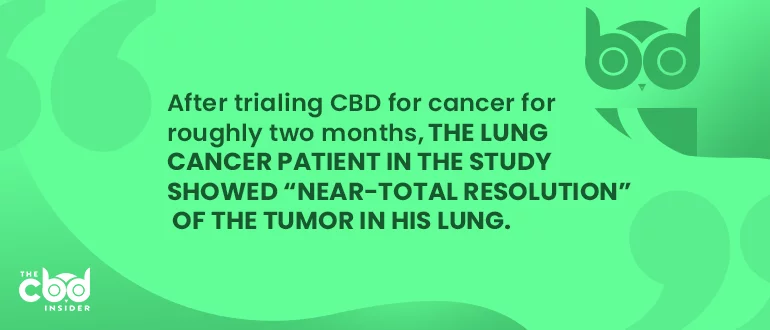
CBD and Angiogenesis
Our bodies need the ability to develop new blood vessels so we can grow, repair tissue damage, create placental tissue, and much more.
Unfortunately, cancer can hijack this ability to not only help tumors grow by supplying them with blood vessels but also to allow cancerous cells to spread to new areas.
Just as cancer relies on certain hormones and other substances to stimulate angiogenesis, some compounds can work against this process to slow tumor growth and proliferation.
An academic review by Slovenia’s University of Maribor examining the therapeutic potential of CBD oil for cancer explains that cannabinoids targeting the ECS “induce cell cycle arrest, promote apoptosis, and inhibit proliferation, migration, and angiogenesis in tumor cells.”
Like cutting off the enemy’s supply lines in a wartime scenario, this anti-angiogenic effect of CBD and similar compounds give the immune response an easier and smaller target.
Understanding CBD’s Therapeutic Role
It’s easy to conceptualize some of CBD’s effects as linear, but in reality, it’s not just about increasing hormone x or stimulating receptor y; in many cases, CBD actually decreases certain immune responses by acting as an “immunomodulator.”
In other words, CBD can help level out certain reactions by the immune system, whether that means bumping them up to a more effective threshold or suppressing them to prevent toxicity or other harmful events that accompany the immune response.
In some contexts, this immunomodulating capability can actually contribute to tumor growth, as was the case with THC in this study by UCLA School of Medicine faculty.
The hope shared among consumers and CBD researchers alike is that local and federal governments will continue to investigate the merits of CBD so that we can have a clearer picture of these seemingly self-contradictory results.
Even so, patients are already using CBD for cancer symptoms, both directly relating to the disease and to chemotherapy treatments.
CBD for Chemotherapy-related Vomiting
Researchers have strongly suspected for a while that cannabidiol has antiemetic effects, meaning it prevents vomiting, but it wasn’t until we saw findings like this from a Switzerland University Hospital that we could see how it compares against the presiding antiemetic medications in a chemotherapy-related nausea context.
The above article compared 30 randomized trials in which cannabis products were compared to placebos or antiemetics, after which they concluded that “cannabinoids were more effective antiemetics than prochlorperazine, metoclopramide” and several other medications commonly given to chemo patients.
Of even greater importance was the fact that patients in crossover trials voiced their preference to switch to cannabinoids for future chemotherapy cycles because of the milder side effects and, in the case of THC, the mood-enhancing “high.”
CBD for Intractable Night Pain
One of the most disheartening and potentially debilitating symptoms that cancer patients have to deal with, intractable night pain is exactly as it sounds: severe night pain that doesn’t go away.
A study by Severn Hospice in the UK found that a THC:CBD extract outperformed placebo as a pain management supplement to a clinically significant margin.
Almost half (43%) of the patients given the extract showed a “30% reduction from baseline pain NRS (numerical rating scale) score when compared with placebo.”
These findings follow a wave of more thoroughly investigated, but less cancer-specific accounts of CBD’s ability to treat arthritis pain, back pain, and more.
CBD and Anorexia Cachexia
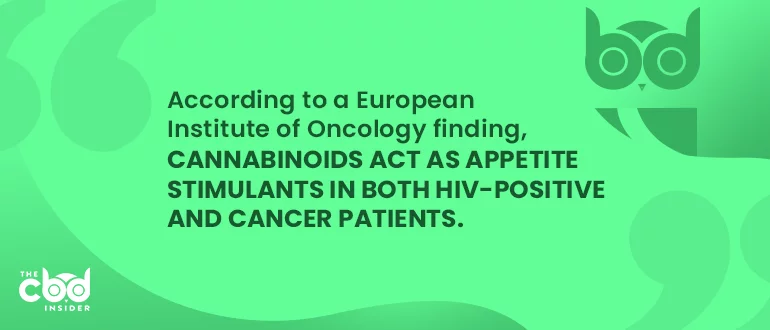
This term refers to the loss of appetite associated with late-stage cancers, which in turn leads to malnutrition, dangerously rapid weight loss, weakness, and so on.
Referred to less delicately as “wasting,” anorexia cachexia is a condition in itself, and can seriously hurt a patient’s chances of recovering from cancer.
According to a European Institute of Oncology finding, cannabinoids act as appetite stimulants in both HIV-positive and cancer patients.
Paired with its antiemetic effects, cannabidiol and similar cannabinoids are quickly gaining favor among cancer patients.
Is it Safe to Take CBD Oil for Cancer?
Cannabidiol normally produces very mild side effects, if any, but safe use for cancer patients requires extra diligence.
Cancer can be highly complex depending on type, stage, and individual circumstances, so the answer to the question of how to use CBD oil for cancer is not so straightforward.
Here are our best practices when it comes to determining the safety and efficacy of CBD:
- Consult with your oncologist and/or care team about CBD—they will inform you if it will interact with any of your current drugs.
- CBD is unregulated (with one exception), meaning consumers have to actively investigate each product. Carefully research each brand and ensure the product is lab-certified.
- Monitor your results very closely and be transparent with your healthcare team.
Finally, we need more evidence demonstrating the safety and efficacy of CBD if it is to make an impact in oncology, but there’s no shortage of cancer-treating potential thus far.


